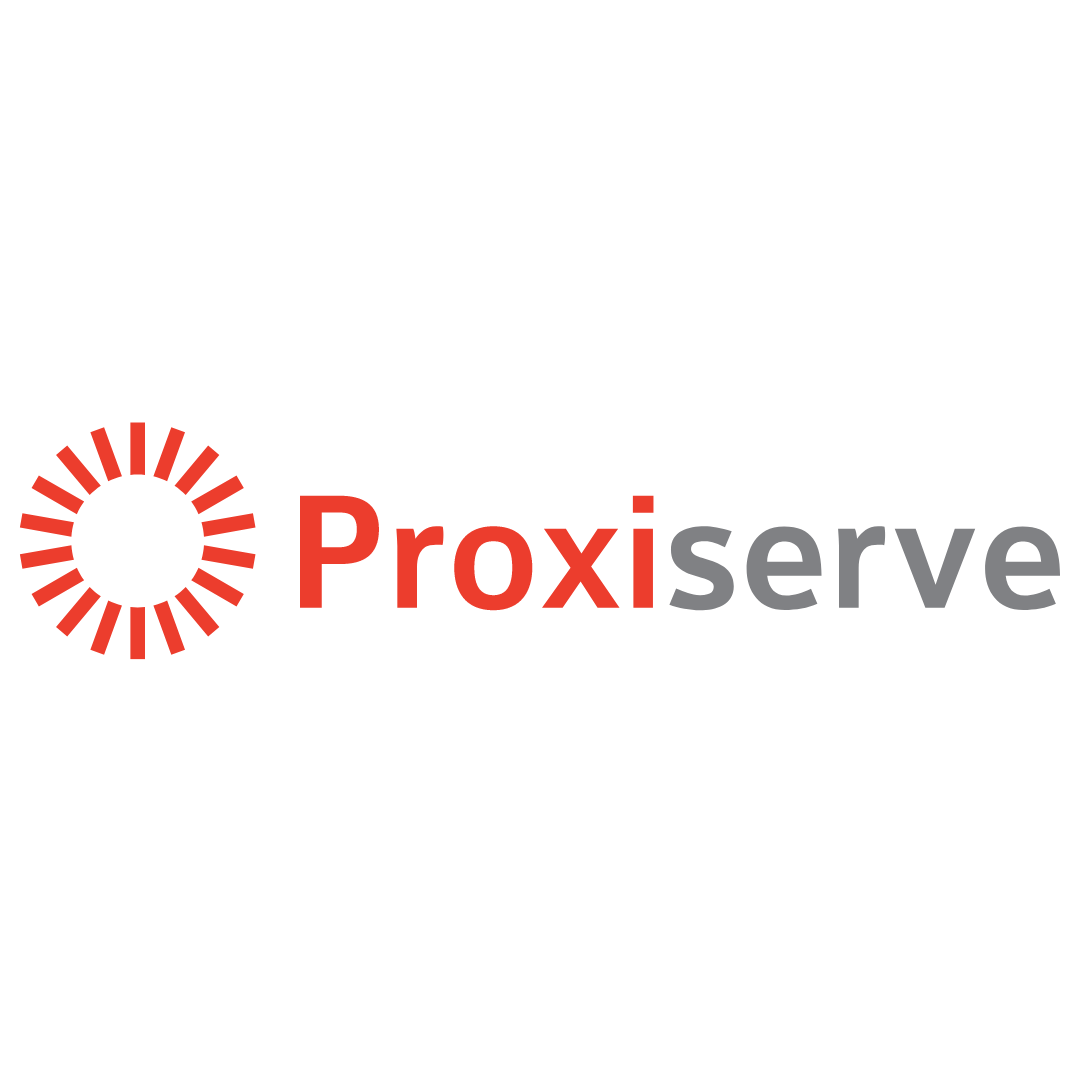Supplier case
Proxiserve:
Automate the sending of invoices to our customers on Freedz
The Proxiserve group is the leader in housing services in France and is present in all areas of building maintenance and renovation (housing, offices and tertiary sector) as well as in consumption management: individual and collective heating, multiservice solutions, installation of electrical terminals, water and electricity metering as well as supply and management of distributed energy.
In addition to its commitment and mobilization in the field, Proxiserve also explores new markets via less traditional sales channels such as the web. As an independent French company with an entrepreneurial spirit, Proxiserve contributes to the creation of new jobs every year.
Proxiserve uses Freedz as a supplier and deposits its invoices addressed to its customers directly on the platform in a manual and automated way.
Interview with Caroline Moreau, in charge of B2B and B2C invoicing and Nicolas Prevot, IT Project Manager at Proxiserve.
Presentation of the interviewees
Nicolas PREVOT is an IT project manager attached to the study and development department at Proxiserve for 9 years. He is in charge of the interface between the different internal software (accounting, production, billing). He is also in charge of computer exchanges (EDI) and Freedz.
Caroline MOREAU is in charge of B2B and B2C customer billing. Her team is composed of 4 people for the Occitanie and Loire Valley area. She is also in charge of the Chorus / Freedz projects at the national level.
How long have you been using Freedz and for what purpose?
Proxiserve uses Freedz to deposit invoices sent to its customers as part of the dematerialization of their accounts payable. The first customer to ask us to deposit invoices on Freedz was Sodineuf in 2020. Since then, we have deposited invoices for around ten customers (Erilia, Domofrance, Seminor etc.) on Freedz, representing over 25,000 invoices since 2020.
How was the project set up?
The implementation went very well with the first customer, especially the automation of the sending of our invoices. Before launching the project, it is important to collect the needs of each customer who have their own specificities and expectations. Some customers wish to have specific information on their invoices, such as the commitment or purchase order number.
Were you reluctant to use Freedz?
No, we were not reluctant to use Freedz. On the contrary, using dematerialized invoices has many advantages: reduction of costs and time-consuming tasks such as printing invoices, enveloping them, sending them, etc. We want to change this system and implement dematerialization and automation. This brings a certain comfort to facilitate and relieve the daily life of the invoicing teams who treat a large volume of invoices.
How do you operate internally?
We are a team of 4 people in charge of invoicing on Freedz. Proxiserve processes 260,000 B2B and B2C invoices each year. Moreover, we have a strong demand from our B2C customers to send invoices in PDF format, which will lead to an increase in the number of invoices in the coming years. In addition to Freedz, with the deposit of invoices on Chorus, we have dematerialized between 30 and 40% of our invoices.
How did the coaching with Freedz go?
The support went very well. The follow-up with our contacts at Freedz allowed us to launch the project in an organized and structured way. The availability of our CSM is a real plus, she intervenes quickly and accompanies us throughout the project. Moreover, the Freedz platform is easy to use, intuitive and practical. We were familiar with Chorus and Freedz is very similar to the state platform.
What benefits have you gained from this?
The benefit we have gained is first of all the ease of use and the speed of the tool, especially the grouped deposit of invoices. Via the flow, we can submit several invoices at the same time and they are available instantly and automatically in the platform. This greatly facilitates the processing of invoices.
What are your goals for the future?
With the arrival of the reform and the government's obligation to use electronic invoicing, we expect to increase our invoice volume to 300,000 invoices per year. Our objective for 2023 is to increase the percentage of dematerialized invoices to 80% to 90%, with electronic invoices, EDI and desktop publishing.

Nicolas Prevot & Caroline Moreau
IT Project Manager & Customer Invoicing Manager B2B and B2C
